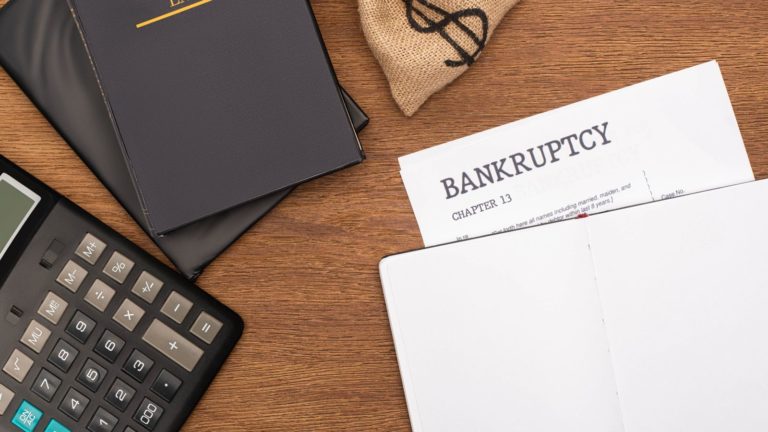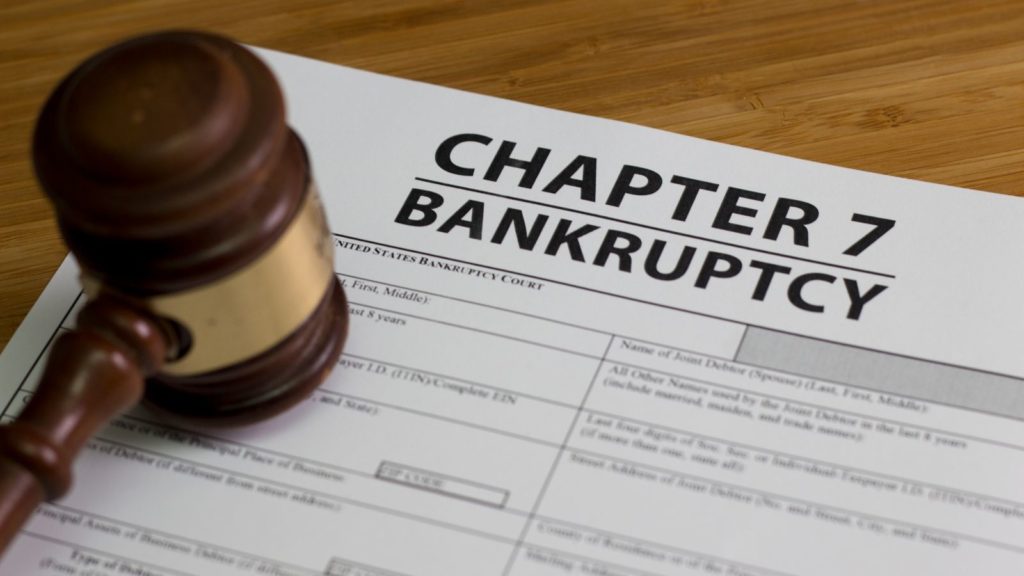Purchasing real estate isn’t as simple as just picking a property from a listing and making an offer. There’s a lot of work involved in every transaction. It’s not uncommon for sales to only be completed after a certain number of weeks or months have elapsed.
Things can get more complicated if you’re attempting to buy a house after having bankruptcy on your record. There are many reasons why people file for bankruptcy. It can take a fair amount of time before a person who filed for bankruptcy can buy another residence.
Buying a home in Texas isn’t always easy. Pay attention to current market trends and economic conditions. Find out how long particular homes that you’re interested in have been on the market for and the average prices of homes that have sold recently in your area. Hiring a realtor may help speed up the process. Having a good plan of action can also be very beneficial.

Here are a few things that you can do if you’re thinking about buying a house after coming out of bankruptcy:
1. Work on rebuilding your credit.
The very first thing that you should do is to start trying to repair your credit as soon as possible. There are several ways to go about this. You can start by ensuring that all current bills and other debt obligations are paid on time. Enroll in auto-pay programs when available so that you won’t have to worry about missing a payment or a bill getting lost in the mail. You can even pay more than the minimum monthly amount if possible. Paying account balances in full if you can also help to rebuild credit.
You can apply for credit cards and loans after a bankruptcy, but be careful. You could qualify for a secured credit card, which will require a down payment. Read the terms and conditions of each offer very carefully. Make sure that you fully understand the penalties that can be incurred for late payments. Don’t get in over your head and open more accounts than you can realistically keep track of or afford, either.
2. Write a letter that explains the bankruptcy.
Whenever a bank, credit union or other similar type of lending organization receives a loan application, they will spend some time evaluating the applicant’s credit history. Having a bankruptcy can be a big red flag for many lenders. They may not necessarily be willing to lend money to someone who has already defaulted on a loan in the past.
In those instances, creating a bankruptcy explanation letter could be beneficial. The letter should be very specific. You can explain the bankruptcy and the reasons surrounding it in the document. You may also want to include evidence that you’ve been working to repair your credit, such as successfully obtaining other lines of credit and paying those bills on time every month. You can attach this letter to your home loan application as well.
3. Communicate with your lender.
As a general rule of thumb, lenders prefer to take on as little risk as possible. It’s normal for them to question things like bankruptcies, late payments and other potential concerns. That’s why it’s essential to maintain an open line of communication with your lender.
Answer any questions that they ask you completely and honestly. You can prepare your own questions to ask them. It’s okay if they don’t approve of you right away. They may mandate a higher credit score than what you currently have, or it could just be too soon after the bankruptcy. Lenders may also provide advice as to what you can do to improve your chances of being approved for a loan in the future.
4. Get preapproved for a mortgage loan.
After enough time has passed and you’ve started looking at homes, you can apply for a mortgage loan. Your employment and income history will be evaluated by the lender of your choice. If you are approved, they will supply you with a preapproval letter.
The preapproval letter will list the dollar amount and terms that they are willing to lend to you. It doesn’t guarantee that the home you’ve had your eyes on will automatically be yours. However, it can give you a distinct advantage over other interested parties who have yet to secure their financing for such a purchase.
Certain types of home loans each have their own eligibility requirements after a person emerges from bankruptcy. It can also depend on the type of bankruptcy that was filed. The two primary types of personal bankruptcy are Chapter 7 and Chapter 13.
A Chapter 7 bankruptcy is the more significant of the two. This kind of bankruptcy will effectively also remove all of your existing debt. It will also affect your credit for several years. You can apply for most conventional loans after it’s been 4 years or longer since the Chapter 7 bankruptcy was dismissed or discharged. A waiting period of 2 years is mandatory for VA and FHA loans and up to 3 years for USDA loans for people who have filed for Chapter 7 bankruptcies.

A Chapter 13 bankruptcy won’t wipe the slate clean. The debt doesn’t disappear, but people are allowed to reorganize those obligations. Many people who filed for Chapter 13 bankruptcy are set up on payment plans that are affordable for them. You may be able to keep your home, car and other personal property, and your credit won’t be as impacted as much as it would under a Chapter 7 bankruptcy. You can apply for a USDA home loan 1 year after your Chapter 13 bankruptcy was discharged or dismissed. If that particular bankruptcy was discharged by a court, you’ll need to wait 2 years from the dismissal date to apply for a conventional home loan. If the Chapter 13 bankruptcy was dismissed, you won’t be able to apply for a conventional home loan until 4 years have passed since the dismissal date.
Conclusion
You can always talk to your real estate agent or lender if you have questions or concerns. They should have several years of experience with buyers who have been working diligently to improve their situation after a bankruptcy. Sometimes things just get out of hand. Most people understand that and are willing to give others a second chance after enough time has elapsed.
Once you’ve made a successful offer, it won’t be long until the home that you’ve been eyeing will be yours. At closing, all remaining paperwork will be signed and filed. The seller will be paid for the net proceeds, and you’ll be given the keys to your new residence. You can move in as soon as you’re ready. Congratulate yourself on accomplishing this feat, because it took a lot of hard work and perseverance to make this dream come true.


